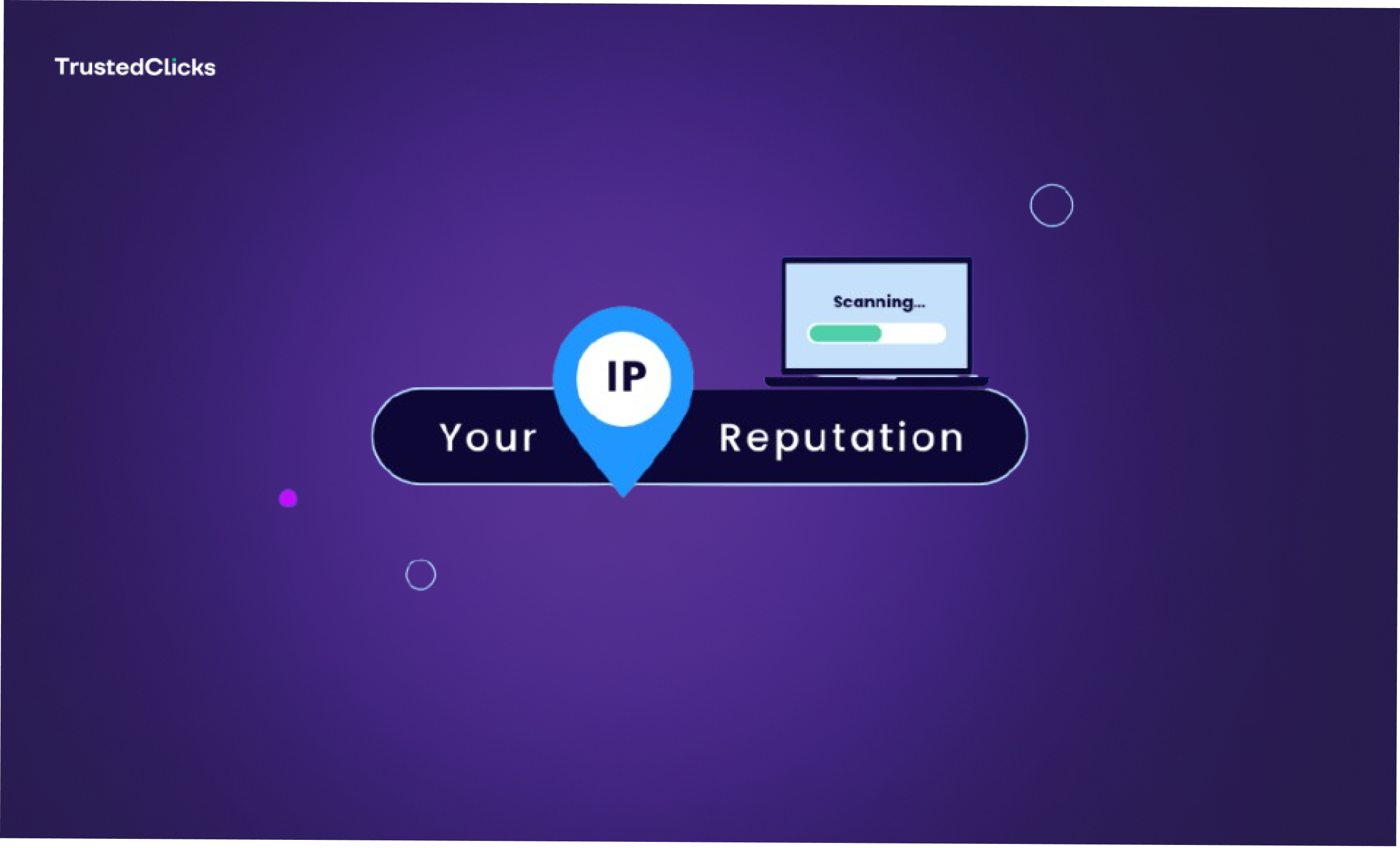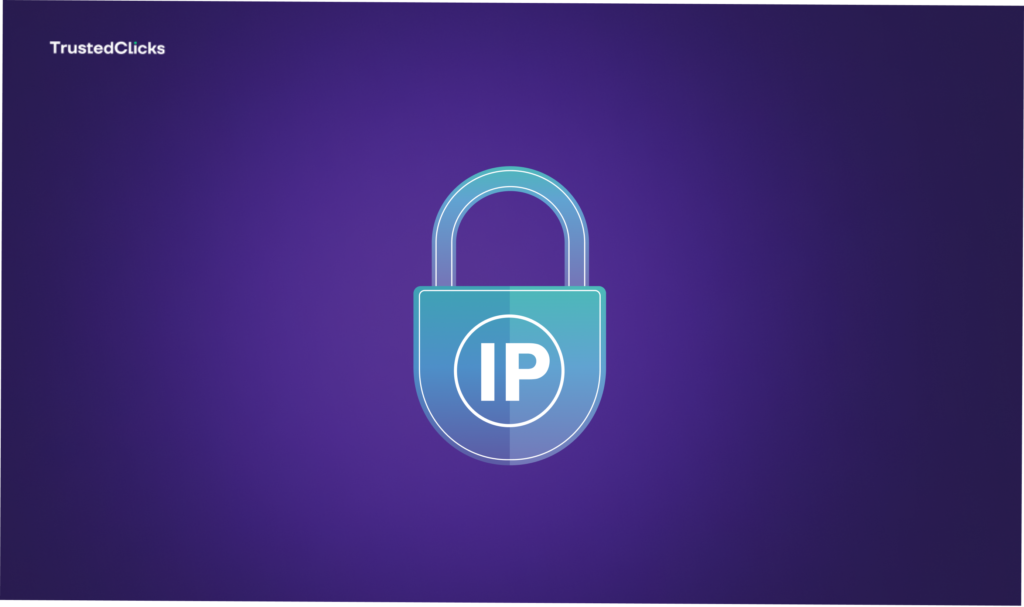- Affiliate marketing
The Importance of IP Reputation for Online Security and Marketing


In today’s digital world, where much of our personal, business, and social lives unfold online, maintaining a positive online reputation has become a cornerstone of success. Just as individuals and businesses need to safeguard their reputations, so too do their digital identities—particularly their IP reputation. But what does IP reputation mean, and why is it so important in the realms of cybersecurity and online marketing?
In this blog post, we’ll explore what IP reputation is, how it affects online activities, and why it should be a key consideration for anyone operating on the web—from small business owners to large corporations.
What Is IP Reputation?
IP reputation refers to the trustworthiness and credibility associated with a particular IP address (Internet Protocol address), which is the unique numerical label assigned to every device connected to a network. An IP address can be linked to any online activity, from sending emails to hosting websites, and its reputation is built over time based on the behavior and activities associated with it.
An IP’s reputation is established through monitoring and evaluating its activities by various entities like email providers, cybersecurity services, and search engines. These organizations keep track of how an IP behaves on the network and evaluate whether it’s a reliable source of information or a potential threat.
If an IP address is linked to positive, legitimate activities, it will have a good reputation. Conversely, if the IP engages in malicious activities, such as sending spam or hosting malware, its reputation will be tainted, and it could even be blacklisted, which could have severe consequences.
How Is IP Reputation Established?
Malicious Activity: If an IP is linked to malware distribution, phishing, or DDoS attacks, its reputation will suffer. Cybersecurity providers and monitoring systems flag these IPs, associating them with harmful behavior.
Blacklistings: IPs found to be involved in spamming, fraud, or other unethical activities are often added to blacklists maintained by organizations like Spamhaus, which then causes other systems to flag the IP as untrustworthy.
Website Hosting and Traffic Behavior: If an IP address is used for hosting a website with suspicious or harmful content, such as malware or phishing pages, this will significantly damage its reputation. Similarly, unusual traffic patterns or sudden spikes can indicate potential botnets or attacks, further lowering the reputation.
User Feedback: Sometimes, user feedback and complaints about an IP address will shape its reputation. If users frequently report that they received unsolicited messages or encountered harmful content from an IP, that will contribute to a bad reputation.
Why Does IP Reputation Matter?
SEO and Website Visibility
Search engines like Google factor in the reputation of a website’s hosting IP when determining its ranking in search results. A website hosted on an IP that is known for malicious activities or frequent blacklisting will likely suffer lower rankings or be penalized by search engines, reducing visibility and traffic.
Moreover, websites associated with bad IPs can face challenges such as being removed from search engine indexes entirely, especially if the content on the site is deemed harmful or unethical. This can dramatically decrease a site’s organic traffic, resulting in missed opportunities and reduced revenue.
Cybersecurity and Protection
From a security standpoint, a compromised IP address can put your entire network at risk. Attackers may exploit a weak or exposed IP to infiltrate systems, launch DDoS attacks, or distribute malicious content. A bad reputation often signals a compromised network or device that could expose sensitive data, jeopardize transactions, or allow unauthorized access.
Security systems use IP reputation as a measure of whether incoming connections are trustworthy. An IP with a history of malicious activities will often be blocked, helping to prevent cyberattacks before they even reach the network.
Access Control and Network Integrity
IP reputation is also a crucial factor in regulating network access. Organizations often use IP reputation tools to filter and restrict traffic from IPs that have a negative reputation. This helps maintain the integrity of systems by preventing unauthorized access and potential data breaches.
The Role of IP Scoring in Reputation Management
While IP reputation is largely qualitative, IP scoring adds a numerical aspect that helps organizations evaluate and manage IP trustworthiness more precisely. IP scoring systems assign a numerical value (often between 0 and 100) to an IP address, indicating its likelihood of engaging in malicious or suspicious activity. Higher scores correspond to a positive reputation, while lower scores suggest potential issues.
An IP score typically factors in elements like:
- Spam reports: A higher number of complaints about spam emails or phishing attempts lowers the score.
- Blacklist status: If the IP address is on any known blacklists, it will have a lower score.
- Traffic patterns: Unusual traffic spikes or behavior that suggests a DDoS attack or botnet activity will negatively impact the score.
- Authentication practices: Proper email authentication methods (such as SPF and DKIM) can help boost an IP’s score.
For businesses and organizations, regularly monitoring IP scores can help prevent potential damage to reputation and identify issues before they escalate. By maintaining a good IP score, businesses can avoid being flagged as malicious, ensuring that their emails are delivered, their websites remain visible, and their networks stay secure.
Best Practices for Maintaining a Good IP Reputation
Maintaining a positive IP reputation requires ongoing vigilance. Here are a few key steps to ensure your IP stays in good standing:
Secure Your Network: Keep all systems up to date with the latest security patches, use firewalls, and employ intrusion detection systems to monitor for suspicious activities.
Monitor IP Score and Reputation: Use third-party tools to regularly check your IP reputation and score. This will help you address any potential issues before they affect your operations.
Address Blacklistings Quickly: If your IP ends up on a blacklist, take immediate action to identify and resolve the cause, and request removal from the blacklist.
How Can You Build Your IP Reputation?
Start by protecting your website from malicious traffic by checking every visitor’s IP reputation score. Create a secure environment that attracts and retains legitimate users while automatically blocking suspicious IPs, VPNs, and proxy connections. Over time, as your platform maintains consistently high security standards and clean traffic, your IP reputation naturally strengthens and helps establish lasting trust with your users. Use TrustedClicks’s advanced monitoring and AI-driven tool to ensure the integrity of online platforms, filter out fake clicks and focus on genuine user interactions.
How to fix IP reputation?
Improving your IP reputation involves several key steps to enhance the behavior of your IP address and rebuild trust. First, identify the root cause of the issue by analyzing any recent activities associated with your IP, such as unusual traffic patterns or involvement in malicious activities. Once identified, ensure that your traffic is legitimate by filtering out any harmful requests or unwanted connections. Implement proper security measures, like firewalls and intrusion detection systems, to bolster credibility. Next, gradually increase the volume of traffic from your IP address, allowing time for your reputation to recover. It’s also crucial to continuously monitor your IP reputation using tracking tools and address any issues promptly. Finally, maintain consistent traffic practices and engage with cybersecurity organizations to resolve any concerns and improve your standing if necessary.
Final Words
IP reputation is a vital aspect of online security and digital marketing that often goes unnoticed until problems arise. Whether you’re sending emails, managing a website, or safeguarding your network, maintaining a positive IP reputation ensures that your online activities run smoothly and that your digital presence remains secure and trustworthy. By understanding and managing your IP reputation—along with regularly monitoring your IP score—you can ensure your online activities stay protected and effective in the long run.
Table of Contents
Join our community!
Subscribe to our newsletter for the latest updates, exclusive content, and more. Don’t miss out—sign up today!
Recent Posts

Geolocating Your Audience: Tips and Tools for Effective IP-Based Targeting
- 6 mins read

How Hackers Use IP Fraud to Breach Networks and Steal Data
- 5 mins read

4 Effective Ways to Combat Click Fraud in Your Ad Campaigns
- 3 mins read



